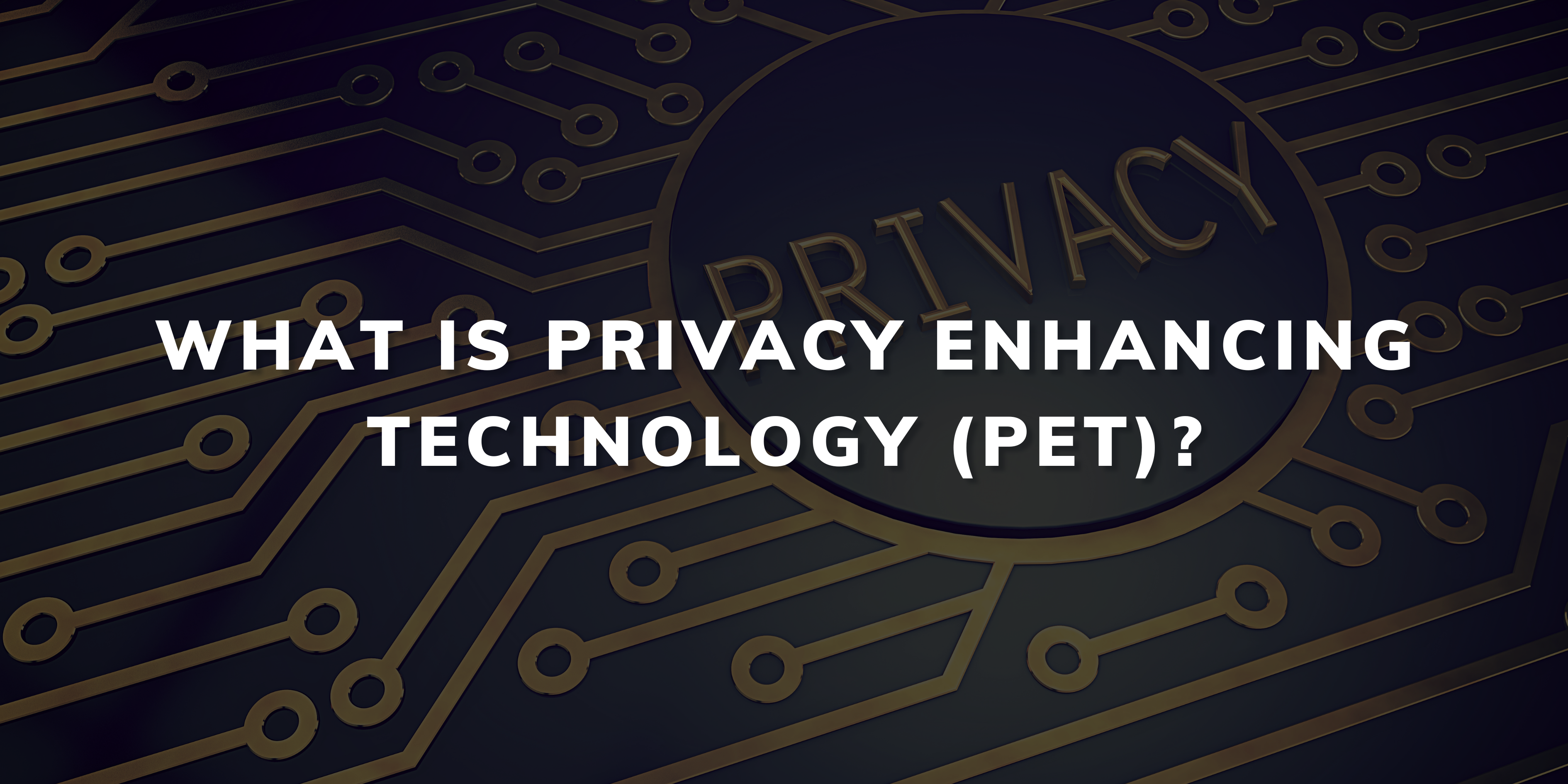
What is Privacy Enhancing Technology (PET)?
Privacy Enhancing Technology (PET) represents a crucial development in the ongoing battle to maintain personal privacy and secure data in the digital age. As digital transformation accelerates, the need to protect sensitive information has never been more paramount. PETs are at the forefront of this effort, offering solutions to safeguard data privacy without compromising the utility or accessibility of data. In this blog post, we will explore what PETs are, their roles, the various types available, their applications, their importance in data privacy and security, and why they demand significant attention from the engineering community.
Key Summary
- PETs protect personal data using encryption and anonymisation to enhance privacy without sacrificing data utility.
- They ensure compliance with privacy laws like GDPR and CCPA by securing data across various stages.
- PETs include technologies such as differential privacy and zero-knowledge proofs to address specific privacy issues.
- These technologies are vital in sectors like healthcare and finance for protecting sensitive information.
- The rise of Privacy Engineering emphasises integrating privacy into technology development, underscoring the importance of PETs.
What is Privacy Enhancing Technology (PET)?
Privacy Enhancing Technologies (PETs) are methods and tools designed to protect individuals’ personal data and privacy. They enable the processing of data in a manner that minimises or eliminates the possibility of identifying the data subjects, thereby enhancing privacy. PETs encompass a broad range of technologies, including encryption, anonymisation techniques, secure multi-party computation, differential privacy, and more. Their primary goal is to ensure that personal information is protected from unauthorised access and misuse, while still allowing data to be useful and actionable.
The Role of PETs
The role of PETs is multifaceted. They are employed to protect data at rest, in transit, and during processing. PETs ensure that personal and sensitive information is encrypted, anonymised, or otherwise processed in a way that maintains the confidentiality and integrity of the data. They play a crucial role in enabling organisations to comply with privacy regulations such as the General Data Protection Regulation (GDPR) in Europe, the California Consumer Privacy Act (CCPA), and others around the world.
Variety of PETs
PETs come in various forms, each designed to address specific privacy concerns:
- Encryption: Protects data by converting it into a coded format that can only be accessed with a key.
- Anonymisation and Pseudonymisation: Remove or replace personal identifiers from data to prevent linkage to an individual.
- Differential Privacy: Adds noise to data sets to prevent the identification of individuals while allowing for statistical analysis.
- Secure Multi-Party Computation (SMPC): Allows parties to compute a function over their inputs while keeping those inputs private.
- Zero-Knowledge Proofs: Enable one party to prove to another that a statement is true without revealing any information beyond the validity of the statement itself.
Applications of PETs
PETs find application across a wide array of sectors, including but not limited to:
- Healthcare: Protecting patient records while allowing for the analysis of health data for research purposes.
- Finance: Securing financial transactions and protecting customer data while complying with regulatory requirements.
- Online Services: Enhancing user privacy in social media, search engines, and e-commerce platforms.
- Public Sector: Safeguarding sensitive government data while maintaining transparency and service delivery.
- And More…
Importance in Data Privacy and Security
PETs are vital for data privacy and security for several reasons. They provide a technical means to enforce privacy policies and comply with legal requirements. By securing data, PETs help prevent data breaches, identity theft, and other forms of cybercrime. Importantly, PETs enable the ethical use of data, fostering trust between individuals and organisations and facilitating the responsible development and deployment of new technologies.
Why PETs Need Attention in Engineering
Privacy Engineering emerges as a critical discipline, emphasising the integration of privacy into the foundation of technology development, rather than viewing it as an ancillary concern. This approach requires engineers and technologists to blend their technical prowess with a deep understanding of privacy laws and ethics, ensuring that Privacy Enhancing Technologies (PETs) are both effective and inherently respect user privacy. The shift towards Privacy Engineering highlights the necessity for interdisciplinary collaboration, innovative research, and specialised education to meet the growing challenges of data privacy in our digital era.
Conclusion
In conclusion, Privacy Enhancing Technologies are essential tools in the modern digital landscape, offering robust solutions to protect personal data and enhance privacy. As the technology world continues to evolve, the role of PETs will only grow in importance, necessitating ongoing attention, innovation, and investment in this critical area of engineering. By prioritising the development and implementation of PETs, we can ensure a more secure and privacy-respecting future for everyone.
Support Us!
Support us and make a real difference in data privacy and ownership. By becoming a supporter, you help shape a future where data is secure and truly belongs to its users. Whether you contribute financially or volunteer, your involvement is vital. Enjoy the supporter benefits and be part of the movement advocating for a future where you truly own your data and privacy. Act now—your participation is crucial!
